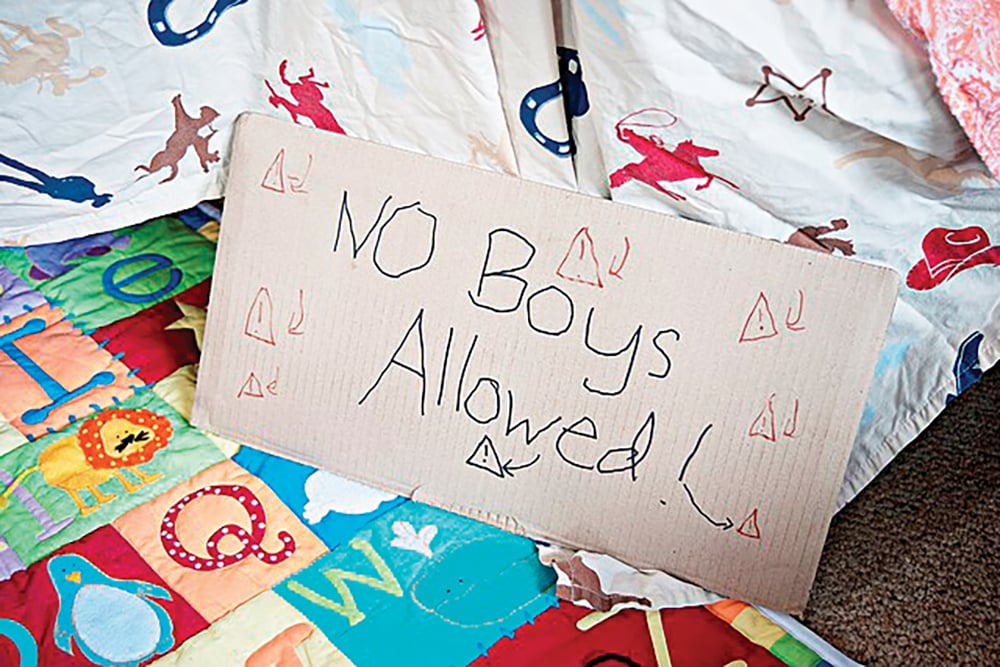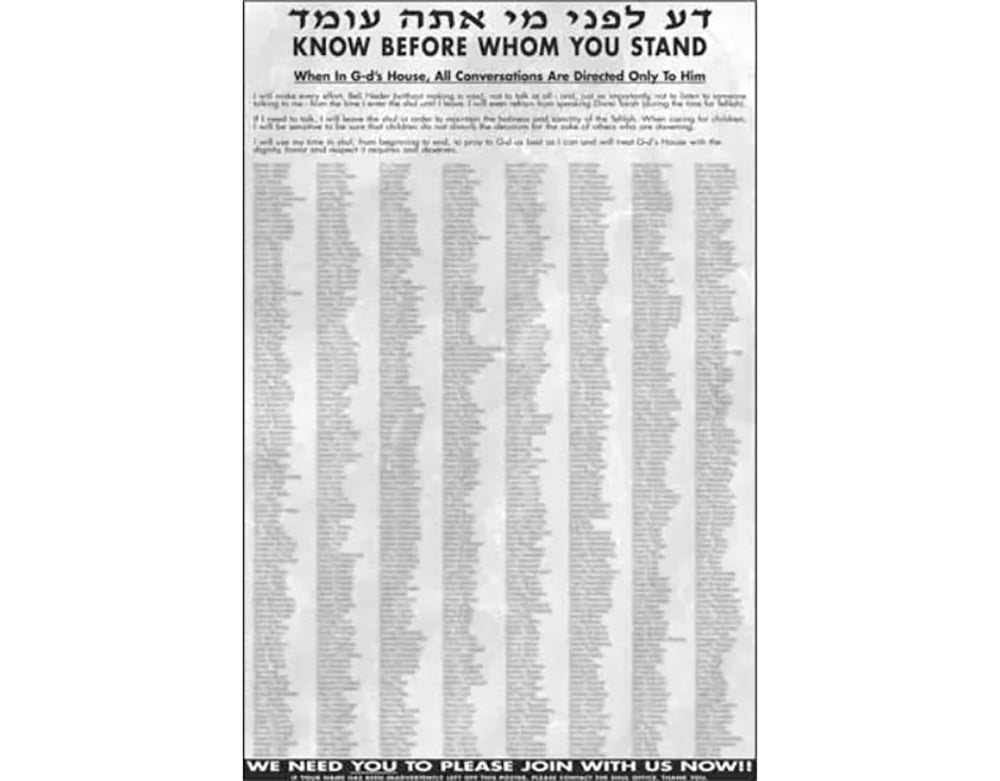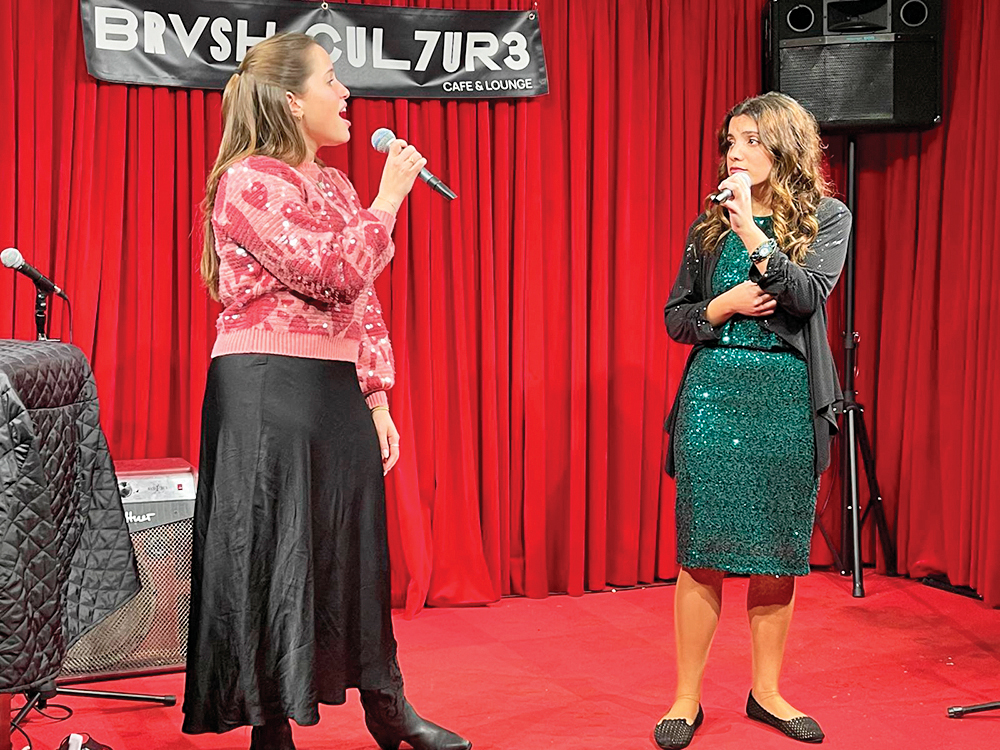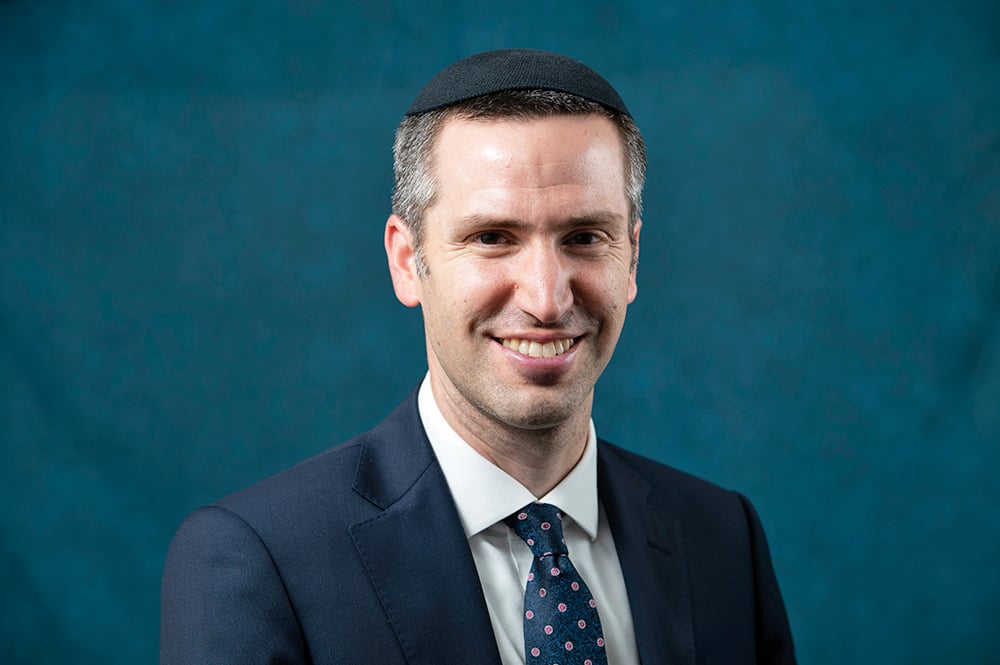
Pretty much no one wakes up in the morning and says, “Today I am going to insult someone who does not deserve it,” or “Today I am going to make someone who feels special feel invisible,” or “Today I will crush someone’s spiritual hopes and walk away unscathed.”
Yet every day many men do exactly that — and more — when they intentionally decide to daven in the ezrat nashim.
This disrespectful and offensive practice has been decried in articles, podcasts and blogs. Many rabbis publicly oppose it and have tried to mitigate this rudeness with announcements and signs that sanctify — yes, that is the word — the ezrat nashim as an exclusive place for women to connect with God. Still, stories recounting the brazenness of men who overstep their boundaries and plant themselves in the women’s section abound.
As a man, I have strong feelings about this, and I will express them as other men have done in other spaces. But first, I went to some Facebook groups and asked women what they thought of the following:
“We have all seen the guy who walks into the women’s section of the shul to daven there. There are no women there yet, and even if no woman comes at all, he thinks it’s totally fine. If you could put a sign for him to read either before he enters the women’s section or once he takes a seat there, what would it say? No matter where or when you daven, wishing that your tefilot are answered for the good.”
In just a few days there were dozens of replies, comments and conversations. Some of the suggestions were kind, some were caustic and some went straight for the heart.
With their permission, here is what they said:
“This is a women’s section. Even if there are no women present, it’s still a women’s section. Men may not enter the women’s section at any time.”
“Thank you for joining us on the other side of the mechitza.”
“The presence of men in the women’s section deters women and girls from entering. Men must use the men’s section for davening and learning, even when no women are using the ezrat nashim. Respect this space.”
“As stated in the Mishna Torah (Birkat Kohanim 8:7), “All [10 members of a congregation] and the leader of the congregation must be in one place.” Please reconsider your actions by studying the sources carefully. With kind regards, The Women of Your Community.”
“Men are prohibited from davening in the ezrat nashim. Please respect the kedusha of the Beit Knesset.”
“This section is for women only and should only be utilized by women. Your respect and compliance are appreciated.”
“While I am asking you to move, I am also sensitive to the fact that I am making you feel inconvenienced even though you are in my area.”
“Please respect the women and their place of worship in our community.”
“Men, please don’t put us in the uncomfortable position of needing to ask you to leave the women’s section. There’s plenty of room in the men’s section. With thanks, Women of the Shul.”
“Dear men, why would you want to be back here anyway? Go get the better view on the other side of the fence. The Ladies.”
Aside from the proposed wording of a sign, several women expressed that they not only need, but they expect, allyship from men in setting and enforcing policy. They suggest that signage strategy will not matter if the culture of the place rejects the principled stance of respecting a woman’s space in shul.
Of course, there are men who decry these actions of their brothers. Men who are appalled at the sight of other men who selfishly assume that no women will be coming, so why not settle into a more private space to daven? Or men who prevent women from entering their own space, or who force women who were already davening in the women’s section to leave. In more than one case, the women were saying Kaddish.
Several such good men offered responses to my request. I am not including them because the point of my exercise was to give voice to women. But there was one comment that was refreshing,
“I was late to minyan in yeshiva and chose to daven in the ezrat nashim. This was in a yeshiva where no women ever attended weekday services. Nevertheless, upon finding me there, the mashgiach of the yeshiva acerbically commented to me that while he was aware of the teaching that says, ‘In a place where there are no men, strive to be a man’ (Pirkei Avot, 2:5), he was certain that the place referred to in this teaching was not the ezrat nashim. Message received!”
Although no one wakes up in the morning and says “Today I’m going to do harm,” some men wake up in the morning and head to shul with a belief that their requirement to daven exceeds that of a woman. Therefore, any accommodation to support his ability to daven is justified, even though it may compromise the ability of a woman to do the same. While the respective obligations of men and women to daven with a minyan are relevant, that distinction is irrelevant when it comes to a man trespassing on a woman’s space.
What is not debatable is the equivalence of souls. Every person who is carrying and safeguarding a soul in this world seeks the same thing when he or she enters a shul. The soul seeks to cleave to God. Every soul, every person, deserves the same opportunity and respect to pursue this intimacy with God unobstructed by judgments, assumptions and actions of another.
What should be happening in addition to placing signs and making announcements is to make a new start with our children. This means deliberate efforts by parents and teachers to model with their own behavior and to teach with their words how to respect a woman’s prayer space, even if there are no women present. These teachings will not be in a vacuum but will be buttressed by intentional, didactic instruction that flows through the batei midrash, day schools, yeshivas, summer camps, youth groups and every shul to make this expectation of respectful behavior abundantly clear. Let’s not obfuscate this affront to women under the subterfuge of halachic hair-splitting. Rather, let’s be respectful of one another in one of the few places where we gather to fulfill God’s desire not only to express love of God, but to mirror that love in the ways we treat one another.
God envisions a time when “My house will be a house of prayer for all peoples.” (Isaiah 56:7). We can begin by making the shul a house of prayer for all Jewish women and men.
Robert Lichtman lives in West Orange and draws upon his long tenure of professional leadership to teach and write about strategic issues and opportunities impacting the Jewish community, and other things.










